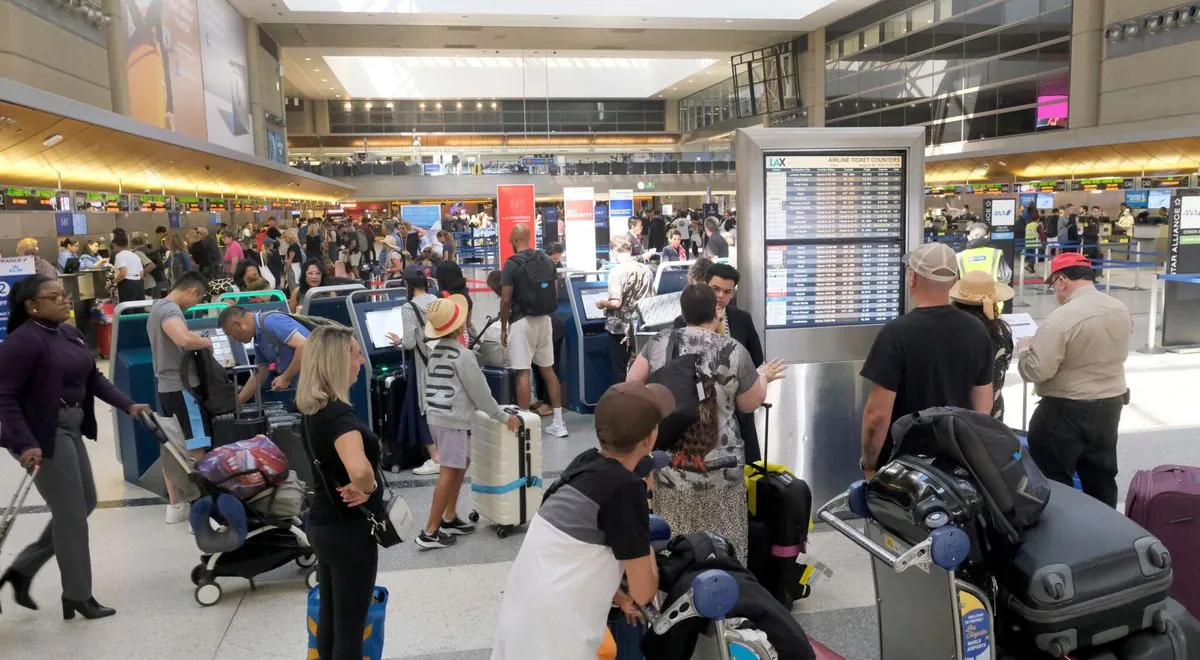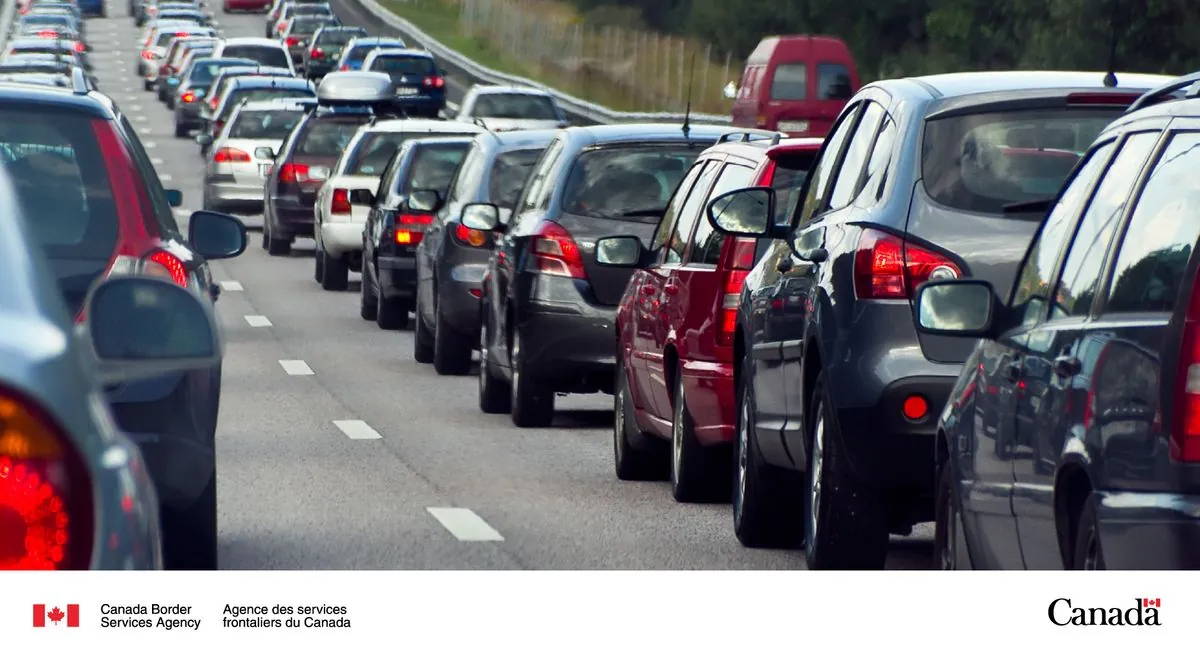Record Travel Expected for Labor Day Weekend as Summer Winds Down
As Labor Day approaches, Americans prepare for record-breaking travel. TSA anticipates screening over 17 million people, while AAA reports increased domestic bookings. Travelers face lower gas prices and airfares compared to last year.

As the unofficial end of summer approaches, Americans are gearing up for a bustling Labor Day weekend. This year's holiday, falling on September 2, 2024, is expected to see record-breaking travel numbers across the United States.
The Transportation Security Administration (TSA) anticipates screening over 17 million passengers between August 29 and September 4, 2024, marking a new record for the Labor Day period. This surge in travel reflects a growing trend since the TSA's establishment in 2001 following the September 11 attacks.
American Airlines has announced plans for its largest Labor Day weekend operation to date, projecting a 14% increase in passengers compared to the previous year. This aligns with the AAA's report of a 9% rise in domestic travel bookings for the holiday weekend.
Travelers can expect some relief in their wallets this year. The nationwide average gasoline price stands at $3.44 per gallon, down from $3.86 a year ago. Airfares have also seen a decrease, with July 2024 prices 2.8% lower than in July 2023.

For those hitting the road, timing is crucial. INRIX advises avoiding travel between 1 p.m. and 7:30 p.m. on Thursday, and 2 p.m. to 6 p.m. on Friday. Saturday morning from 8 a.m. to 11 a.m. is also expected to be congested. Return trips on Monday should be planned around the 11 a.m. to 8 p.m. window to avoid heavy traffic.
Air travelers should prepare for crowded airports, especially on Friday, August 30, when the TSA expects to screen 2.86 million people. While impressive, this number falls short of the single-day record of 3.01 million set on July 7, 2024.
In case of flight disruptions, passengers are advised to be proactive. Julian Kheel, CEO of Points Path, recommends exploring all rebooking options rather than accepting the airline's automatic rescheduling. It's important to note that airlines are required to provide refunds for canceled flights, regardless of the reason.
As travelers embark on their journeys, it's worth remembering the rich history behind this holiday weekend. Labor Day became a federal holiday in 1894, with the first parade held in New York City on September 5, 1882. Today, the average American travels 1,131 miles during the Labor Day weekend, utilizing the nation's vast network of over 4 million miles of roads and 19,000 airports.
To ensure a smooth travel experience, experts advise arriving early, checking weather conditions, and maintaining a patient and respectful attitude towards fellow travelers and staff. With proper planning and a positive mindset, this Labor Day weekend can provide a memorable conclusion to the summer season.
"Now we're falling into that traditional fall season when demand slumps, and you're also seeing that in airfares. Airfares are down from the summer about 26% already, and they're down even from the previous fall, about 4%."


































